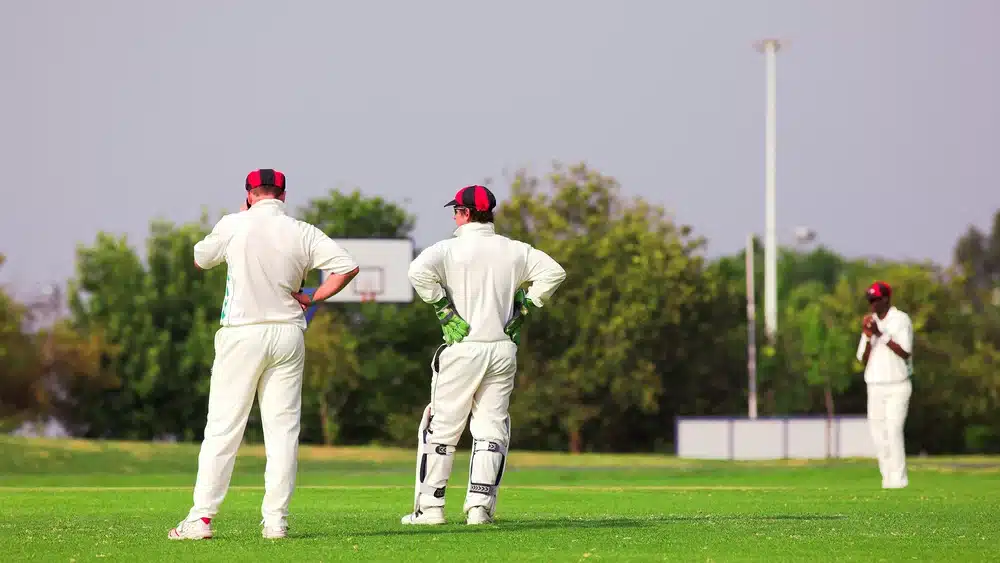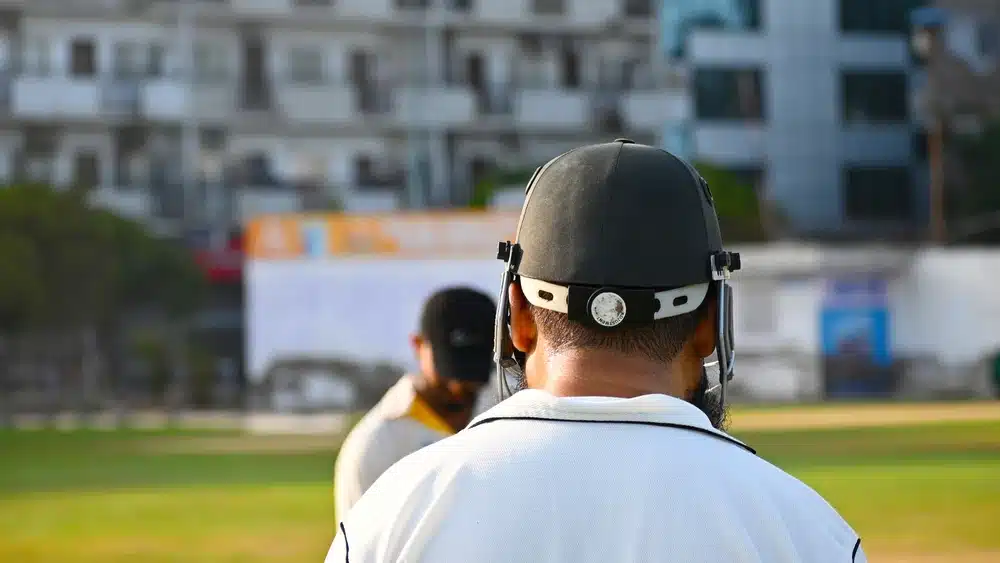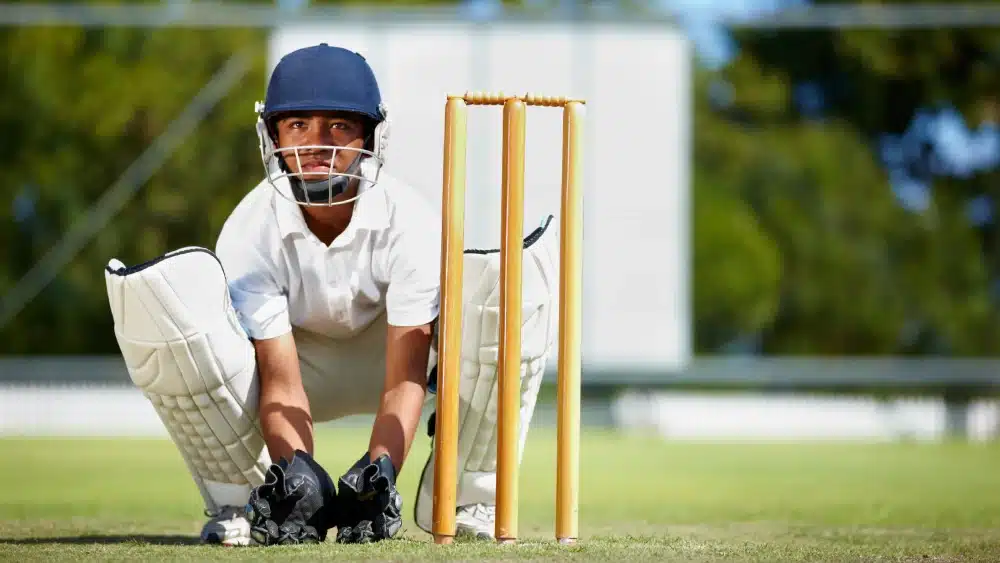
Barring a miraculous turnaround after three successive defeats, the Cricket World Cup is likely to be the end of an era for South Africa.
The careers of several long-term players are coming to an end while a comprehensive change of management is likely.
Here we look at three key issues that triggered South Africa's shocking decline:
Ageing players
JP Duminy and Imran Tahir have already announced they will be retiring from one-day internationals after the World Cup, while the careers of veteran batsman Hashim Amla and record-breaking fast bowler Dale Steyn, aged 36 and 35 respectively, seem to be nearing an end.
Amla has struggled for form in the past year and made a poor start to the World Cup, twice dismissed for low scores and missing the defeat against Bangladesh after being hit on the helmet by a bouncer from England's Jofra Archer.
Steyn was taken to England despite struggling with a shoulder injury but didn't start a match before being ruled out of the tournament.
He will be unable to bowl for an "indefinite" time and the latest setback, after a lengthy struggle with injuries, could spell the end for South Africa's all-time leading Test wicket-taker.
Faf du Plessis has built up a strong record as captain but at age 34 his future is not certain. Speaking in 2018 he noted that several leading players were reaching an age where retirement was an option.
"All of us are in a similar boat where we're just taking it series by series and if the hunger is still there, from my perspective, I'll try and push for as long as I can," he said at the time.
Since then, AB de Villiers and Morne Morkel have retired, although both continue to play cricket outside of the international arena.
 AFP / Ian Kington
AFP / Ian KingtonWith Duminy and Tahir on the way out and the futures of Amla and Steyn in doubt, Du Plessis' role in shepherding in a new era for South African cricket will be crucial.
Management changes ahead
The contract of coach Ottis Gibson ends after the World Cup, with Cricket South Africa chief executive Thabang Moroe saying at a function last month that winning the tournament was a condition of Gibson's deal.
Gibson has subsequently been touted as a possible successor to Trevor Bayliss as the England head coach -- the former West Indian fast bowler has already had two stints as a member of the England coaching staff.
If Gibson goes, it is likely most of his support staff will go with him.
Batting coach Dale Benkenstein has been criticised for some poor South African performances and South African media highlighted the fact that his predecessor, Neil McKenzie, was praised for his new role in the Bangladesh team which defeated South Africa last Sunday.
Fielding coach Justin Ontong is likely to be another casualty, with commentators, including former South African captain Graeme Smith, criticising what is regarded as a drop in South Africa's normally high fielding standards.
Mohammed Moosajee, who has filled the dual roles of manager and team doctor since 2008, is another whose contract expires after the World Cup.
 AFP / Ishara S. Kodikara
AFP / Ishara S. KodikaraCriticism has been levelled at the team management and selectors for taking Dale Steyn to a tournament in which he was never going to be fit for the first game, especially as South Africa had to play three matches in the first week of the event.
There is also likely to be a new selection panel. Convener Linda Zondi's term is also expiring and he indicated in announcing the World Cup squad that he would be happy to hand the responsibility to someone else.
Player relations
Although not directly related to the national team or the World Cup campaign, relations between Cricket South Africa and the SA Cricketers' Association, which represents the players, have soured over the past year.
SACA announced last month that it had sent a lawyers' letter to CSA regarding what it saw as breaches of an agreement between the two bodies.
It highlighted concern about a lack of consultation about the financial position of South African cricket and a plan by CSA to restructure the domestic game.
Apart from ageing players, South Africa has had to contend with the lure of lucrative Kolpak contracts in England.
Morne Morkel, Kyle Abbott and Duanne Olivier are three fast bowlers who have gone this route, while batsman Rilee Rossouw and off-spinner Simon Harmer are others who could have been contenders for World Cup places.
Feature image courtesy: AFP / Ian Kington



















